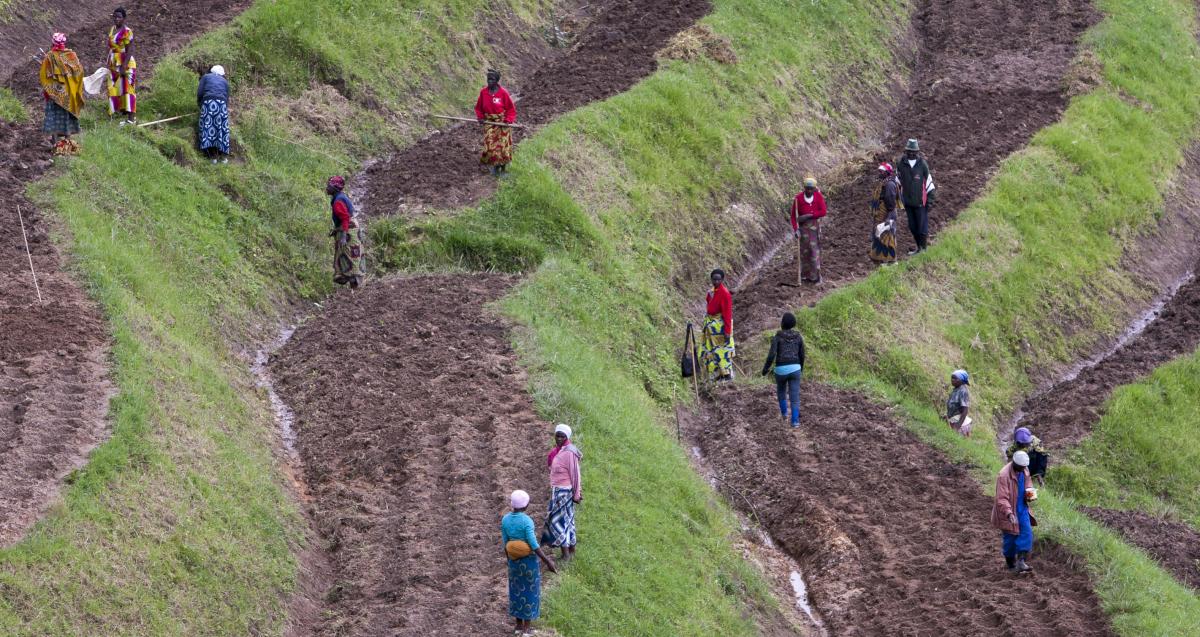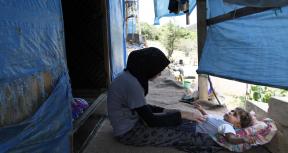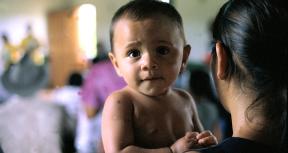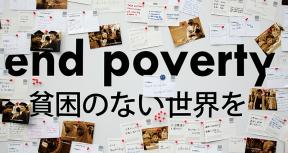Overall Conclusions and Ratings
Government commitment and leadership have been at the heart of Rwanda’s success. During the evaluation period, Rwanda sustained the vigorous economic growth and social progress that have driven its transformation from a fragile, conflict-affected country to one that is widely regarded as being among Africa’s most dynamic and high potential. Sustained government commitment and effective management of the reform agenda have been key factors in this transformation, and have enabled the world Bank Group and other development partners to play a positive role in supporting the country’s development.
The Bank Group’s positioning in relation to Rwanda’s Vision 2020 goals has been strong. The Bank Group’s strategic objectives over the evaluation period reflected many of the elements that are critical to the country’s attainment of MIC status. At the same time, they were responsive to government wishes, notably regarding specialization by development partners under the Division of Labor (DOL). The objectives underlying Bank Group support in agriculture, energy, and urban development in addition to social protection, the business environment (including the financial sector, skills development, and PPP), and PFM have all been of central relevance to the country’s middle-income aspirations. The Bank Group has also paid adequate attention to capacity development objectives, an important foundation for the country’s continuing advancement.
Overall, the extent to which the World Bank Group’s program met its relevant objectives over the evaluation period warrants a Satisfactory rating. The rating reflects both the extent to which objectives were attained under individual pillars and sub-pillars (Chapter 3) and the Bank Group’s overall strategic positioning and program delivery (Chapter 2). There was progress towards relevant Bank Group objectives in all of its areas of engagement, notably in energy, transport and ICT, agriculture, social protection, the financial sector, and public resource management (Appendix)—areas of engagement that were either explicitly indicated under the DOL or otherwise spanned the entire evaluation period.
In many of these areas, of course, progress was qualified:
- In energy, the notable successes in increasing generation capacity and (on- and off-grid) access to electricity have been tempered by concerns regarding affordability and the risks to fiscal sustainability, now being addressed under the newly-approved energy DPO.
- In transport, implementation delays and capacity-related challenges have diluted results.
- In agriculture, scale-up of improved techniques (in the mold of best-practice RSSP and LWH project sites) has been slower than was hoped, food insecurity remains significant, and there has been regression in the distribution system for key inputs, notably fertilizer and seeds.
IEG considers the World Bank Group’s performance in designing and implementing its Rwanda program to have been strong.
Even where successes were qualified, they were so mostly in spite of the Bank Group’s support rather than because of it:
- They often reflected factors extraneous to the Bank Group, including changes in leadership and political economy constraints. And the Bank Group has proactively sought to address less encouraging developments.
- In the energy sector, it is now providing programmatic DPF to the government to address the medium-term fiscal sustainability risks that could materialize after 2020.
- In agriculture, the World Bank through its P4R operation played a key role in engaging the debate on sensitive policy issues that need to be addressed to unleash agricultural potential. These include the removal of obstacles to private sector growth and increased devolution of responsibilities to districts.
- Together with the findings from a comprehensive agriculture public expenditure review, this policy dialogue has provided key inputs to the government’s development of a new agriculture policy.
Revitalizing and sustaining progress will now require a paradigm shift. Rwanda’s growth model for the past two decades has depended largely on public investment backed by donor support. The government has in effect taken on the role of catalyst of growth, often seeding business development. Although some increases in private investment have been observed in recent years, party- and military-affiliated companies continue to play an important role in the economy (in the views of some, this can have a deterrent effect on private investment). As Rwanda approaches MIC status and the terms of external support progressively “harden,” driving up public debt, the sustainability of this model will come increasingly under strain.
The Bank Group is uniquely positioned to help Rwanda manage the shift to a new, private sector–led growth paradigm. Its engagement with the Future Drivers of Growth study to help shape Vision 2050, a new long-term vision of Rwanda’s development , has given it a role of trusted development partner. The roadmap toward a new growth model will need to embrace an ambitious reform agenda that addresses key issues and constraints to attain MIC status and sustain progress thereafter.
The most important issues include:
- improvements in nutrition and basic education,
- appropriate pacing and sequencing of urbanization,
- dramatically stronger outward orientation—including stronger, more diversified export growth—in part through closer regional integration and cooperation,
- a more strategic and transparent approach to fostering an enhanced role for the private sector in the economy,
- increased domestic resource mobilization,
- and better exercise of expanded local government functions and responsibilities.
The World Bank Group program can make strategic contributions to help Rwanda follow the roadmap and realize the vision.
Read more about the overall performance and IEG ratings for each of the 3 pillars.
Key Lessons
Certain general lessons emerge from the Rwanda experience:
- Strong government leadership and discipline has been a particularly important determinant of development progress as well as of the effectiveness of the Bank Group’s support and ODA more generally, and may limit the transferability of lessons from the Rwanda program to other contexts.
- Under strong government leadership, general budget support can be an effective means of supporting development, particularly when blended with IPF and technical assistance to support the nuts and bolts of reform implementation.
- Sustained collaboration among staff is essential to realizing cross-Bank Group synergies. The experience in the agricultural sector suggests that synergies depend on close cooperation and regular interaction between World Bank and IFC staff.
- Systematic integration of sector experiences is key to effectively tackling cross-cutting areas. Although the program stands out for generally good cross-sector collaboration, there is scope for more systematic integration of sector experiences in approaching the World Bank Group’s support for certain cross-cutting areas such as PFM, decentralization, capacity development, and gender.
- Rapid agricultural modernization has the potential to widen inequality. In Rwanda, policies have begun moving surplus labor off the farm into the nonfarm economy, including in secondary towns and in Kigali. But as noted in IEG’s Growing the Rural Nonfarm Economy, efforts are less likely to result in reduced poverty where high inequality exists, and they may even lead to marginalization of disadvantaged groups.
- In countries with limited institutional capacity, basing senior task team leads in the field can help build policy-making capacity and ensure smooth project implementation. The Rwanda program experience suggests that a strong field presence in sectors where the Bank Group leads helps ensure steady engagement in policy dialogue and proactive participation in Sector Working Groups.
Read more in Conclusions, Lessons, and Recommendations (Chapter 4)
Recommendations
In planning and implementing the next phase of Bank Group support, IEG recommends that the Bank Group’s Rwanda country management team consider:
- Making systematic use of Rwanda’s government-led donor architecture in determining how the World Bank Group can best respond to priorities arising from findings of the Future Drivers of Growth study. As part of this response, it would be appropriate to continue the selectivity that has characterized Bank Group engagement during the past several years, taking into account government demand and the comparative advantage of Bank Group institutions as well as their complementarity with other development partners.
- Using analytical work strategically to draw timely attention to insufficiently addressed binding constraints and or policy errors that will need to be overcome if Rwanda is to continue smoothly and sustainably on its path toward MIC and eventually HIC status. The Future Drivers of Growth study is an important step in this direction, and the World Bank is encouraged to continue using knowledge work and policy dialogue to highlight key issues, sharing findings candidly with policymakers, stakeholders, and development practitioners.
- Ensuring more systematic World Bank-IFC collaboration to realize synergies—as seen, for example, in agriculture—more broadly across the World Bank Group program, notably in energy, the financial sector, and the urban sector.
- Ensuring that the Bank Group’s approaches to key crosscutting subjects (for example, PFM, decentralization, or capacity development) systematically integrate sector-specific experiences. Adopting a holistic rural-urban approach to ensure inclusive and sustained territorial transformation that does not leave the poor behind or widen inequalities.
Read more in Conclusions, Lessons, and Recommendations (Chapter 4)









